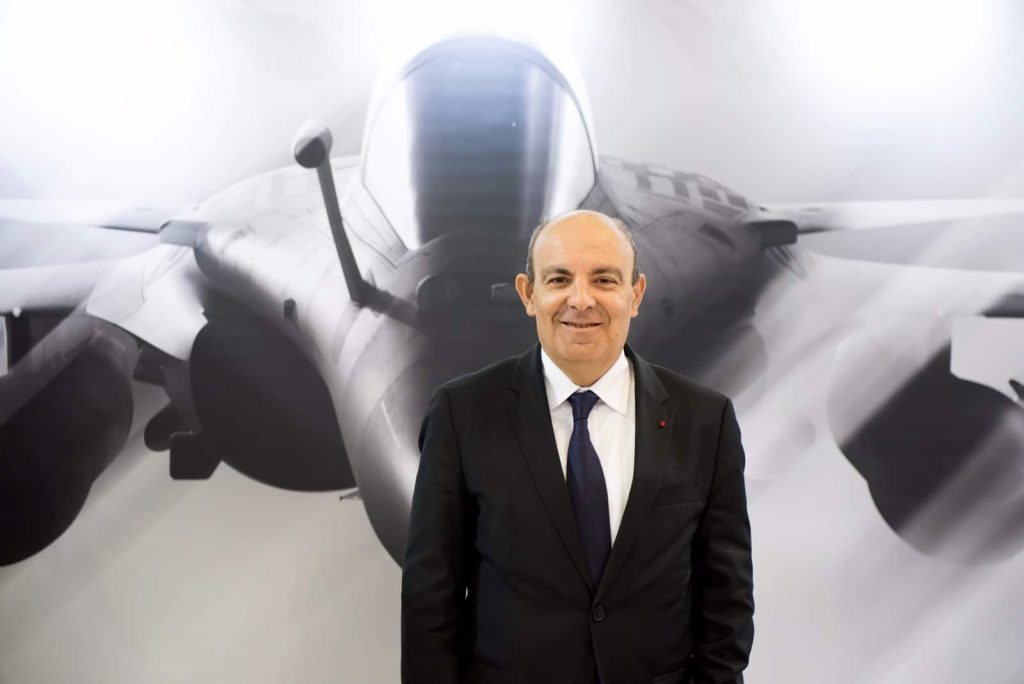Reliance has 10% offset in Rafale: Dassaul CEO
Reliance has 10% offset in Rafale: Dassaul CEO

Our joint-venture with India?s Reliance will meet about 10% of Dassault Aviation?s offset (compensations) obligations required by the 36 Rafale fighters contract with New Delhi, said Thursday Eric Trappier, the CEO of Dassault Aviation, to AFP as the choice of this company is disputed in India.nn1) The Rafale India contract makes provision for offsets to be provided by yourselves in the country. Where are you with these offsets?nnEric Trappier: To clarify matters, what is called ?offset? in English is usually translated into French as ?compensation? or ?contrepartie?. The reference is the contract we signed and which is called ?Offset contract?. With regard to the staff and trades unions organizations, Dassault Aviation uses the term ?obligation contractuelle d?offset? or ?obligation contractuelle de compensation ?.nnSigning an offset contract is a requirement of Indian law (Defence Procurement Procedure). The implementation of offsets is an obligation and, under the Indian regulation, the choice of the partners belongs to us.nnIn full compliance with this regulation, Dassault Aviation therefore decided to set up the DRAL joint venture with Reliance and build a plant in Nagpur, which should enable us to meet about 10% of these offset obligations. We are in negotiations with about a hundred Indian companies and partnerships have already been concluded with about thirty of them.nn2) Why did you choose Reliance over HAL as your Indian partner in the JV?nnEric Trappier: Dassault Aviation decided to establish a long-term presence in India through DRAL, a joint enterprise in which governance is provided by an Indian Chief Executive Officer and a French Chief Operating Officer. Dassault Aviation therefore exercises technical and industrial control over the operations, applying its standards and its flexibility. This JV will produce parts for the Falcon 2000 and Rafale. The choice of the Nagpur site, in central India, was dictated by the availability of land with direct access to an airport runway.nn3) Are you confident for the future despite the current controversies in India?nnEric Trappier: Controversies are always unfortunate but we remain calm. Things are progressing rapidly. We set up DRAL on 10 February 2017 and the plant project was officially launched on 27 October 2017.nnThe first phase of the project involves building a temporary hangar to house the production tool and enable staff training to begin as rapidly as possible. This temporary hangar was completed in March 2018. Activities started on 18 April in the presence of senior executives from Dassault Aviation and the local authorities. We hired an Indian CEO, Mr. Sampathkumaran S. T., who has more than 20 years? experience in the aeronautical industry. We have hired and trained Indian managers and workers. The first Falcon 2000 parts should roll off the line at the end of the year.nnA second phase started in July 2018, with the construction of a final building, completion being scheduled for July 2019. This building will allow a ramp-up in industrial activities. The cooperation between Dassault and India, which has existed for 65 years, has been given fresh impetus by Make in India and we are proud to be able to contribute to it.nn







